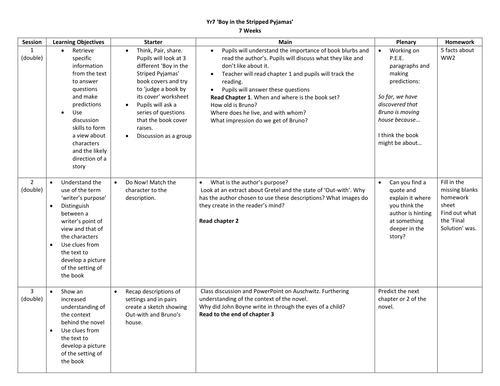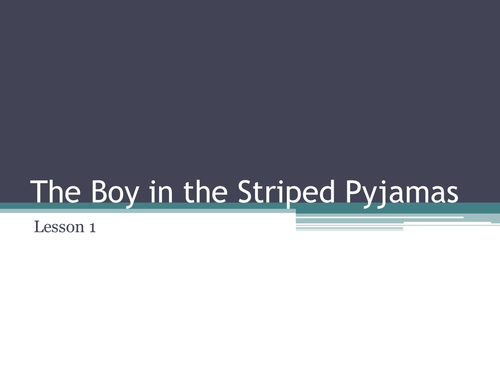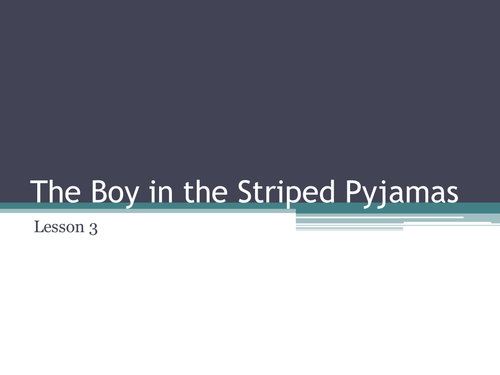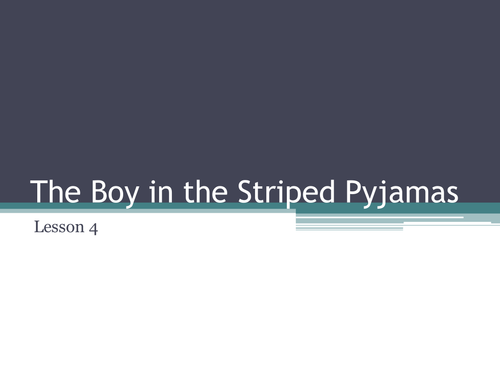Easy English Shop
Hello! Welcome to my 'shop'! I'm an English language and literature teacher. I also teach English as a first language and English as a second language at KS3, 4, IGCSE, and IB level. I hope you find a resource here that is useful to you.








